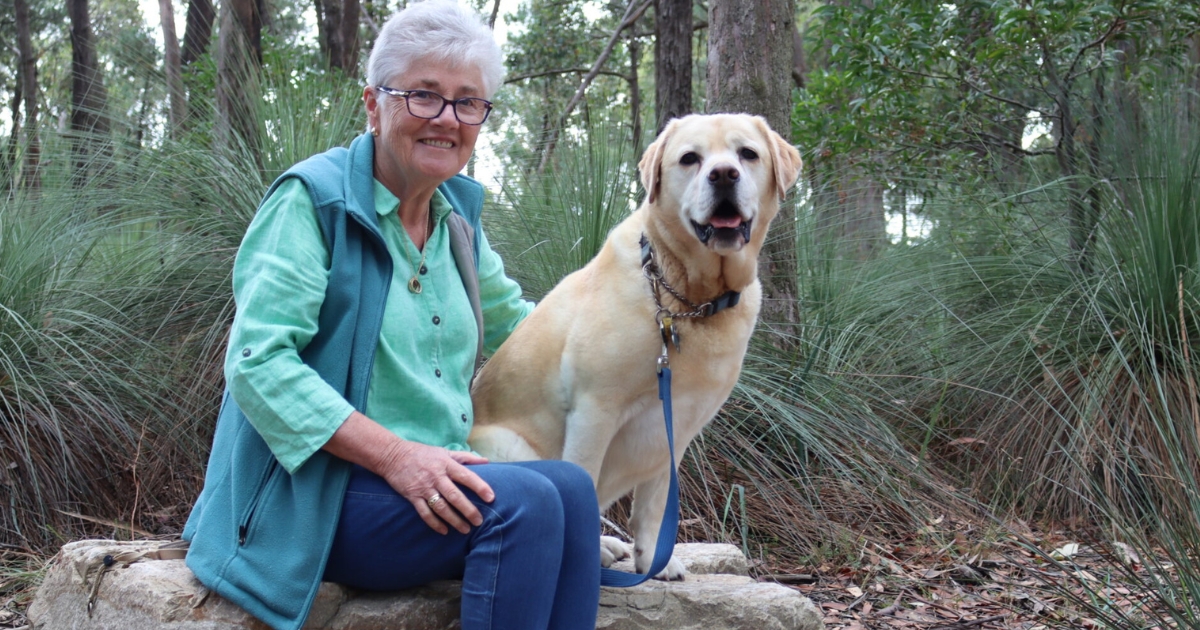UFS gives for refugee family welfare

Funds for fundamentals: Ballarat Rural Australians for Refugees’ Maureen Doonan and UFS director of operations, Talei Deacon. Photo: EDWINA WILLIAMS
UFS Dispensaries has given ten thousand dollars to support almost thirty Ballarat refugee and asylum seeker families through the COVID-19 period.
Channelling the money to Ballarat Rural Australians for Refugees, the adults and children within the Ballarat Refugee and Asylum Seeker Support Network, and those linked to RAR, will benefit.
RAR member David MacPhail said the funds will go straight to groceries, transport, kinder, childcare, schooling, books, medicines, phone bills, utilities and the “most serious problem,” accommodation.
“We will do all of those things, but we will need to use more of the money, more quickly, and some of the work we’ve been doing will continue in the longer term,” he said.
“The effect of the COVID-19 pandemic is that people are suddenly without income… with no safety net, and they’re dependent on charity, so this money really responds to the crisis for both asylum seekers and refugees needing sanctuary, and the people who support them.
“UFS and RAR share ideals about the value of building community. UFS is an organisation with credibility and an identity. It’s a local icon and that’s a valuable, serious acknowledgement, and endorsement of the work that we do.”
Throughout the pandemic period, Mr MacPhail had been feeling very concerned, as RAR’s ability to fundraise for their community was interrupted by restrictions.
“The need increased because of the pandemic and our funding capacity decreased because our normal activities aren’t running because of the virus,” he said.
“Vulnerable people are expecting us to be a help and relying on us, and we’ve made commitments, and suddenly, we couldn’t keep them.
“This contribution from UFS sees us through, just as the whole of the country is planning with JobKeeper and increased unemployment benefits to the end of September. Now, we can probably plan until then too, and then review.”
Lynne McLennan, UFS CEO said emergency relief initiatives have received $50,000 from her organisation recently, out of the last financial year’s remaining sponsorship budget.
“We did that because certain groups in society at the moment are trying to live on zero income. These are international students and refugees mainly, who are not eligible for any government benefits,” she said.
“People need food and shelter. It’s the most fundamental human right that they haven’t been able to afford.
“These people have missed out and are forced to rely on emergency relief, so there’s a huge need, and something that we don’t think should happen in a civil society.”


















